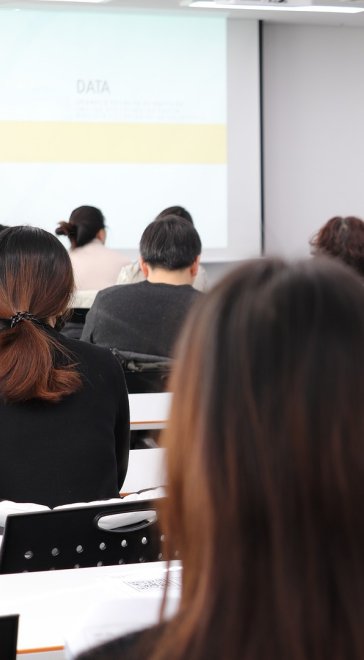OPTIMAL CONTROL OF SYSTEMS WITH TIME DELAY
Optimal control theory provides a unified framework for studying the minimization of a performance index over a class of state trajectories satisfying a dynamic constraint. Minimizing state trajectories may be optimal flight paths in aeronautical engineering, a most profitable resource extraction policy in mathematical economics, a solution to a Hamiltonian system, or have other interpretations. Typically the dynamic constraint takes the form of a controlled differential equation. But in certain applications the differential equation involves time delays in state and control variables, which may arise from transportation delays in chemical processing, finite speed of signals in communications links, or by other mechanisms.
From a theoretical point of view, the optimal control of systems with time delay have many fascinating and unusual features. These systems are infinite dimensional, to the extent that the true state is an entire trajectory segment (an element in an infinite dimensional function space), yet necessary conditions of optimality may be studied by means of variational techniques developed for finite dimensional, delay-free systems. One the other hand, questions of existence of optimal controls and sufficient conditions via Hamilton Jacobi equations are, in some ways, much more complicated for time delay systems and, currently, only partly resolved.
This talk will provide an overview of the theory. It will include recent advances in the derivation of necessary conditions of optimality for time delay systems. Illustrations of their practicality will be provided by applications to problems in ecological control and other areas.

